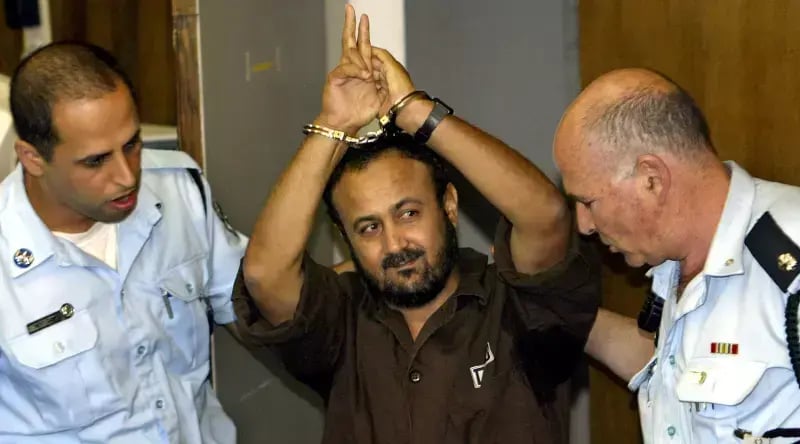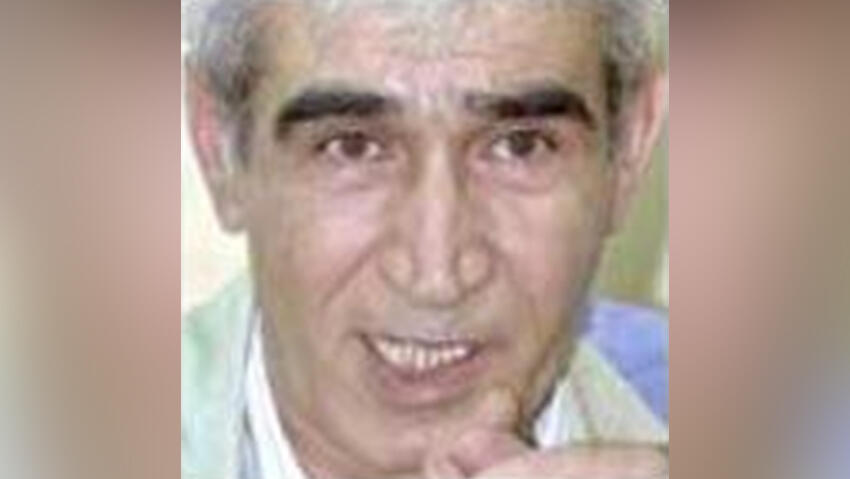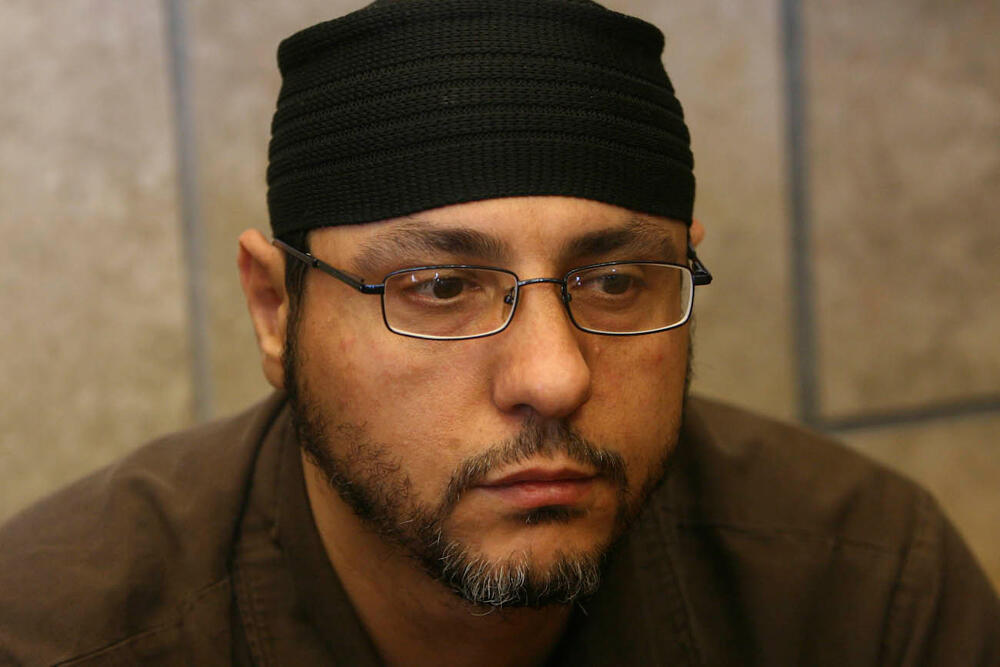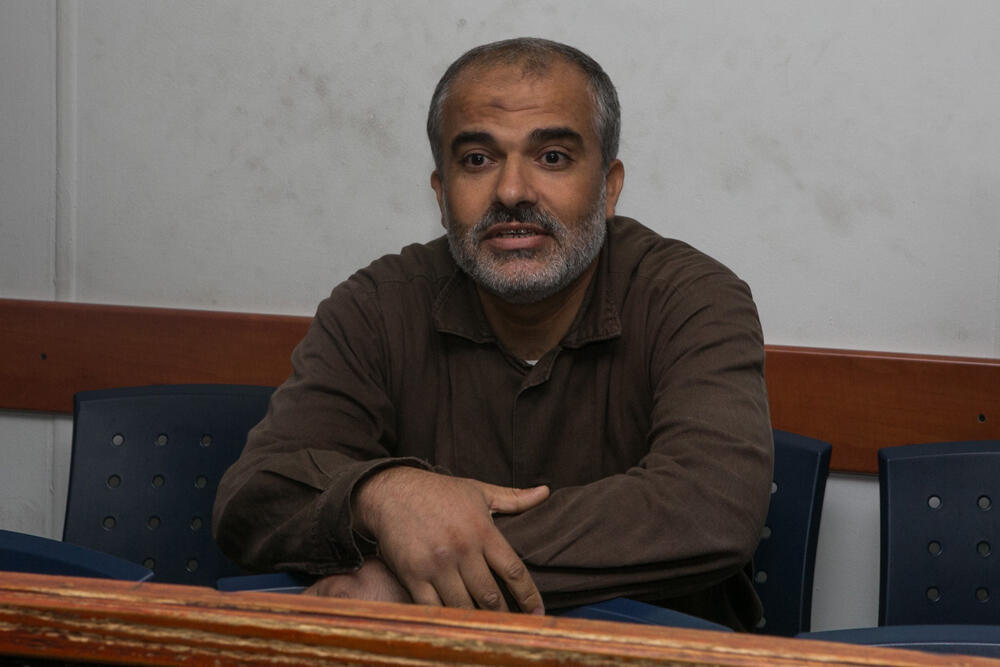Getting your Trinity Audio player ready...
In the agreement being negotiated for the release of captives from the Gaza Strip, Hamas insists on three notorious Palestinian terrorists being freed by Israel. Only one of them is affiliated with their terror group which indicates Hamas leaders are eyeing the day after the war and their future participation in the Palestinian leadership, along with other political groups.
Read more:
Prime Minister Benjamin Netanyahu said on Wednesday that Israel would not agree to a deal at any cost. "I have red lines," he said, "We will not end the war, we will not withdraw the IDF from the Strip, and we will not release thousands of terrorists. We are constantly working to release our captives and achieve additional objectives in the war: eliminating Hamas and ensuring that Gaza no longer poses a threat."
The anticipated list to be presented by Hamas includes influential figures within the Palestinian Authority who have the potential to reshape the Palestinian leadership. Among them, Marwan Barghouti, a prominent member of Fatah serving multiple life sentences for his roll in deadly terror attackes that resulted in the deaths of five Israelis, who has emerged as a frontrunner to replace Palestinian President Mahmoud Abbas. In a recent survey conducted in the West Bank, Barghouti was regarded as the preferred candidate to lead the PA.
In the West Bank, Barghouti held the position of Secretary-General for the Fatah movement until his arrest in 2002. Among the Palestinian population, he enjoys immense popularity, much like other Palestinian prisoners serving lengthy sentences for terrorist activities. However, Barghouti's influence extends beyond his status as a prisoner; he is a prominent political figure, which further enhances his significance.
Recent reports from Palestinian human rights organizations revealed that about a month ago, Shin Bet moved Barghouti from to solitary confinement. Concerns have been raised by prisoner advocacy groups who said that the Shin Bet is responsible for his well-being and implied that Israel may have ulterior motives, and may possibly even be considering his elimination. Nevertheless, Israel remains steadfast in its refusal to release him.
Another name that Hamas insists upon is Ahmed Saadat, the Secretary-General of the Popular Front for the Liberation of Palestine (PFLP) and the mastermind behind the assassination of then Minister Rehavam Ze'evi in 2001. Israel rejected his release as part of any deal. Like Barghouti, Saadat holds significant importance and enjoys popularity within Palestinian society.
Following Ze'evi's assassination, Saadat sought refuge in Ramallah. Despite Israeli demands for his extradition, Then President Yasser Arafat refused to hand him over. In response, Israel lay siege to the presidential compound where Saadat was sheltering. Eventually, through negotiations involving the United States and the United Kingdom, the parties reached an agreement known as the "Ramallah Agreement," to transfer Saadat to a prison in Jericho, where he was guarded by British and American personnel. However, after Hamas emerged victorious in the 2007 elections, Saadat was captured and jailed in Israel. In December 2008, he received a 30-year prison sentence.
The third senior prisoner, Abdullah Barghouti, is a member of Hamas who was a senior commander in the terror faction's military wing in the West Bank. He is serving an unprecedented term of 67 life sentences. Despite Hamas's unsuccessful attempt to secure his release in the 2011 exchange to free IDF soldier Gilad Shalit, held by Hamas for five years, the terrorist organization now insists that he must be included in the next exchange.
Among other names that stand out as possible demands in a hostage deal, is Hassan Salameh, known for his close association with the notorious Hamas military leader Yahya Ayash. Salameh has been behind bars in Israel since 1997, serving no fewer than 46 life sentences for his involvement in planning attacks that claimed the lives of approximately 100 Israelis. Notably, Salameh hails from the Khan Younis refugee camp, home to many of high-ranking Hamas members.
Another prominent figure is Abbas al-Sayed, the second mastermind behind the devastating bombing at Netanya's Park Hotel in 2002. For his role in the murder of Israelis, al-Sayed was handed down a staggering 35 life sentences.
Hamas is also expected to demand the release of Ibrahim Hamed, who held the significant position of second-in-command within the terrorist organization in the West Bank, behind slaim Saleh al-Arouri, who was killed in an explosion in Beirut late in 2023. Hamed led the Al-Aqsa Martyrs' Brigades in the West Bank during the tumultuous Second Intifada in the 2000s. His extensive involvement in orchestrating numerous attacks against Israelis, including suicide bombings, led to his arrest by Israeli forces in 2006. Since then, he has been serving multiple life sentences.
The extent of Hamas's demands remains uncertain, particularly regarding the potential release of the Nukhba terrorists who were captured alive during the October 7 massacre. Some had provided valuable information during interrogations, raising doubts as to whether Hamas would welcome their return to Gaza. Hamas is also not expected to seek the return of the bodies of the terrorists who were killed during the massacre.
On the agenda and awaiting Hamas' response is an outlined plan that entails a multi-phase deal. The initial phase revolves around the release of 15 women and two children in exchange for a 45-day cease-fire that will pave the way for the release of all the wounded, elderly, sick, and captive soldiers.
In total, approximately 35 hostages are included in the initial phases under the principle of a one-day pause for each hostage set free. An extra 10 days would be allocated for the release of additional hostages, as determined by Hamas. This timeframe includes a week dedicated to negotiations concerning the subsequent phases, which encompass the release of both living and dead soldiers.






